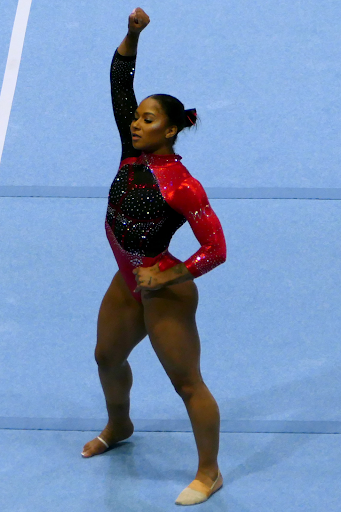Recently, more female coaches have been active in professional and collegiate sports and have brought in success, publicity, and respect. Examples include women such as Emma Hayes, the U.S. Soccer Women’s National Team Coach who led the team to gold in the 2024 Paris Olympics just two months after becoming head coach according to Fox Sports News. In an article by Concordia University, Becky Hammon was the assistant coach for the San Antonio Spurs for eight years and the first Russian coach in WNBA history, leading up the Las Vegas Aces who won the WNBA Finals in 2022. Kim Ng became the first woman to be a general manager for an MLB team and the first woman to hold that title in the history of North American professional sports. Katie Sowers was the first female coach to coach at a Super Bowl with the 49ers. Dawn Braid became the first full-time female coach in the NHL for the Arizona Coyotes. Lastly, Kim Wyant was the first woman to lead the New York University men’s soccer team to the NCAA tournament.
However, female coaches were not always this involved and successful. There were very few women coaches who were involved in professional or collegiate sports, but the few that were involved set an example for female coaches today. Pat Summit was a role model for women’s coaching and her success helped pave the way for future leaders. According to The Naismith Memorial Basketball Hall of Fame, for nearly 4 decades, Summit led the University of Tennessee Women’s Basketball team to countless NCAA tournaments. In her career, she won eight national titles and became known as the “winningest” coach in NCAA D1 Basketball with 1,098 victories on the court. That figure doesn’t even account for her five Coach of the Year awards and her College Coach of the Century award. Summit was an inspiration to many, and without her great success, women’s coaching wouldn’t be where it is today. She proved that women can be successful coaches that make history. Summit has encouraged the next generation of women to pursue coaching because of the respect that she gained and the attitude she had toward her success. Although Summit has passed away, her legacy will live through the future female coaches that she has inspired.
Despite so much progress being made, there are still problems that need to be addressed. The next step is to include more female coaches of color because, as of right now, there is a notable lack of them in the coaching industry. Including women of color will bring diversity to the community and create a more inclusive coaching environment in hope to further encourage the future generations.




































